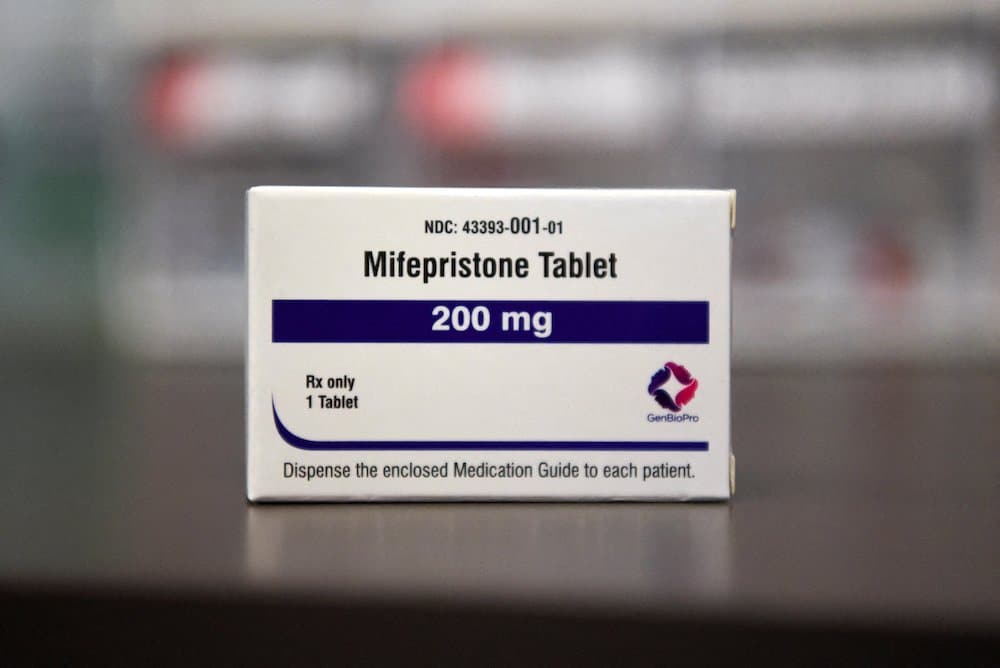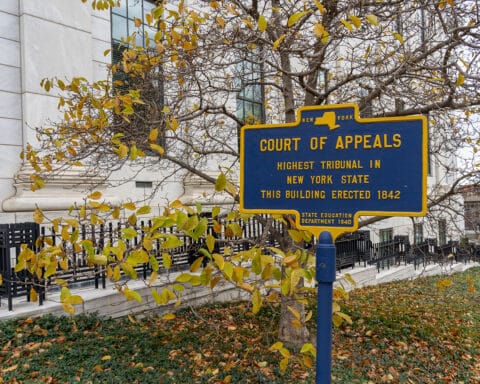In late April, in the pending litigation regarding the U.S. Food and Drug Administration’s approval of mifepristone, the Supreme Court issued a procedural ruling to preserve access to the abortion drug, for now. No conclusions should be drawn about the merits of the case itself, as the Supreme Court did not rule on those. And as the litigation proceeds in the lower courts, all Americans, whatever their views on abortion, should hope that our adversarial system will accomplish its purpose: to resolve disputes in the search for truth.
Federal law requires the FDA to conduct studies to determine whether a drug is safe for use under the conditions prescribed. In this case, the plaintiffs (doctors and medical associations) have argued that the FDA did not follow its own rules when it approved the drug in 2000 in part by making it available for use without the safeguards that the safety trials had used.
The 5th Circuit Court of Appeals offered a helpful analogy to explain how unreasonable this is: Imagine if an agency approved an automobile for use based on safety trials that used seatbelts, without requiring seatbelts. The basis for concluding the car was safe was the fact that it had seatbelts! Similarly, in this case, the plaintiffs argue that the trials used to demonstrate mifepristone’s safety afforded many protections to women that are not — and never have been — required by the FDA. For example, those safety trials required each woman to receive an ultrasound to confirm gestational age and to exclude an ectopic pregnancy.
Cause for litigation
The plaintiffs argue that the FDA amplified its early errors when, in 2016 and in the years following, it removed even the meager safeguards it had imposed. For example, the FDA eliminated the requirement that prescribers report any adverse event associated with the drug. Now, they are only required to report deaths, significantly reducing the likelihood that studies of the current use of the drug will accurately capture its risks and harms. Additionally, while the FDA had originally required three in-person office visits, meant to ensure that women received a minimum screening and some after-care, women can now obtain mifepristone through the mail without any in-person visit.
The plaintiffs provide evidence that the FDA and its normal processes — those laws and regulations that are meant to protect the consumer and patients — were co-opted for political purposes to appease the abortion industry. Americans are instructed frequently to “trust the science.” It is difficult, however, to trust institutions that use science as a mask to hide a political agenda. If the plaintiffs are correct, and the FDA abused its legitimate authority and ignored science in such a way that endangers women, all of us — whatever our views on abortion — should be gravely concerned and eager for a full and fair hearing to take place in court. And we should ask deeper questions about regulatory reform and administrative agency accountability, given this susceptibility to ideological capture.
Disregard for safety
It is doubtful, though, whether abortion proponents are willing to engage in such dispassionate inquiry where abortion access is concerned. Take one aspect of this case: the FDA’s disregard of the risk that a woman taking mifepristone may have an ectopic pregnancy. Mifepristone (and its companion drug, misoprostol) do not treat or end a pregnancy outside of the uterus, and it is possible that a woman undergoing a chemical abortion could mistake cramping and bleeding for the effects of the abortion drug when, in fact, they are indicators of a life-threatening condition that requires urgent care. After Dobbs, abortion proponents warned Americans that pro-life laws restricting abortion would result in women being refused such life-saving medical care for ectopic pregnancies. Some even claimed women in such circumstances would face criminal prosecution.
These arguments were made without any basis as these laws specifically excluded treatment for ectopic pregnancy from the definition of abortion. Now, despite all that handwringing about ectopic pregnancies, abortion proponents defend forcefully an FDA protocol that allows women to access an abortion drug through the mail without first screening for ectopic pregnancy. That sort of cognitive dissonance, and blatant disregard for women’s safety, is hard to explain.
For now, while courts wrestle to resolve the truth of the matter, the abortion drug will remain on the market. Caveat emptor.
Elizabeth Kirk is director of the Center for Law & the Human Person at the Columbus School of Law at the Catholic University of America, where she researches and teaches in the area of family law. She also serves as a faculty fellow at the Institute for Human Ecology and an associate scholar at the Charlotte Lozier Institute.





